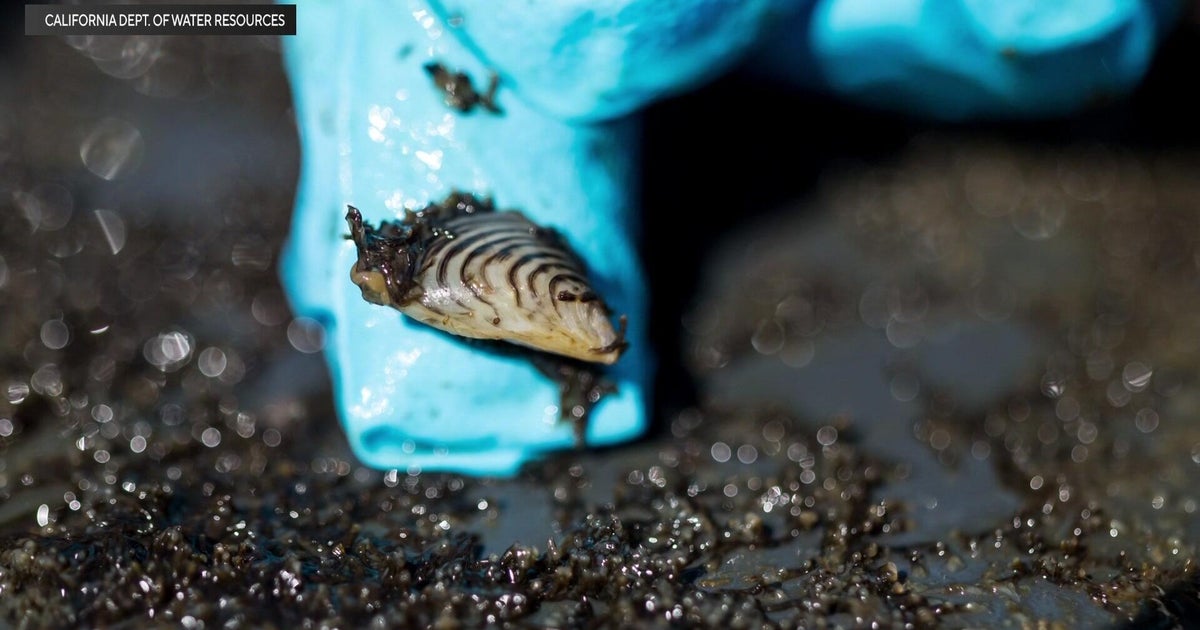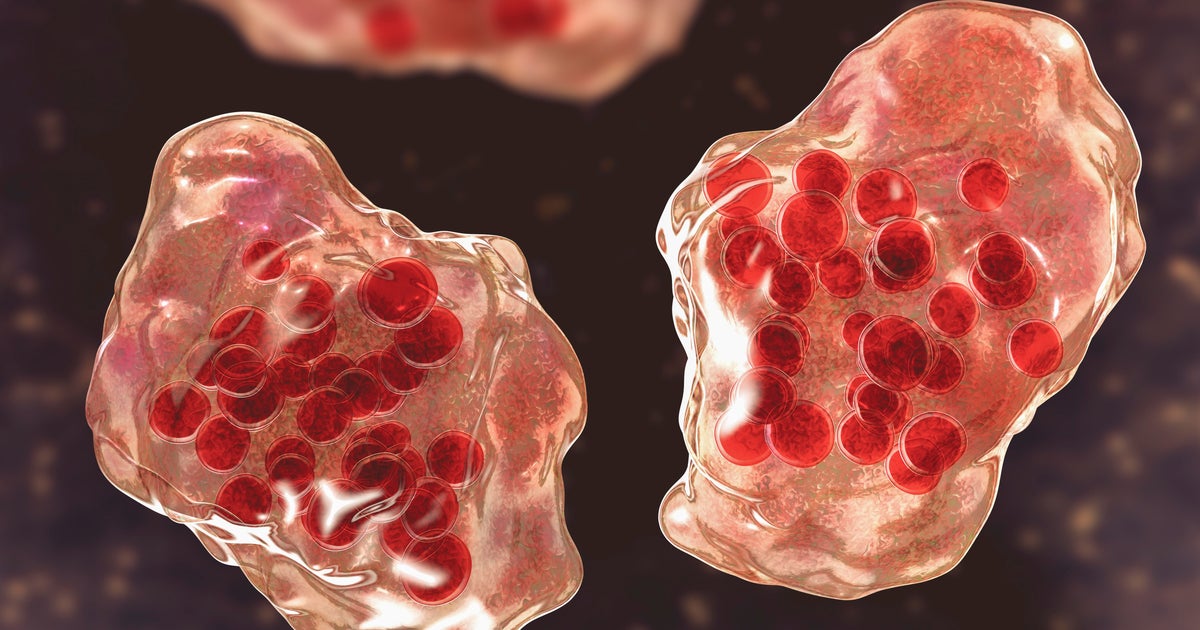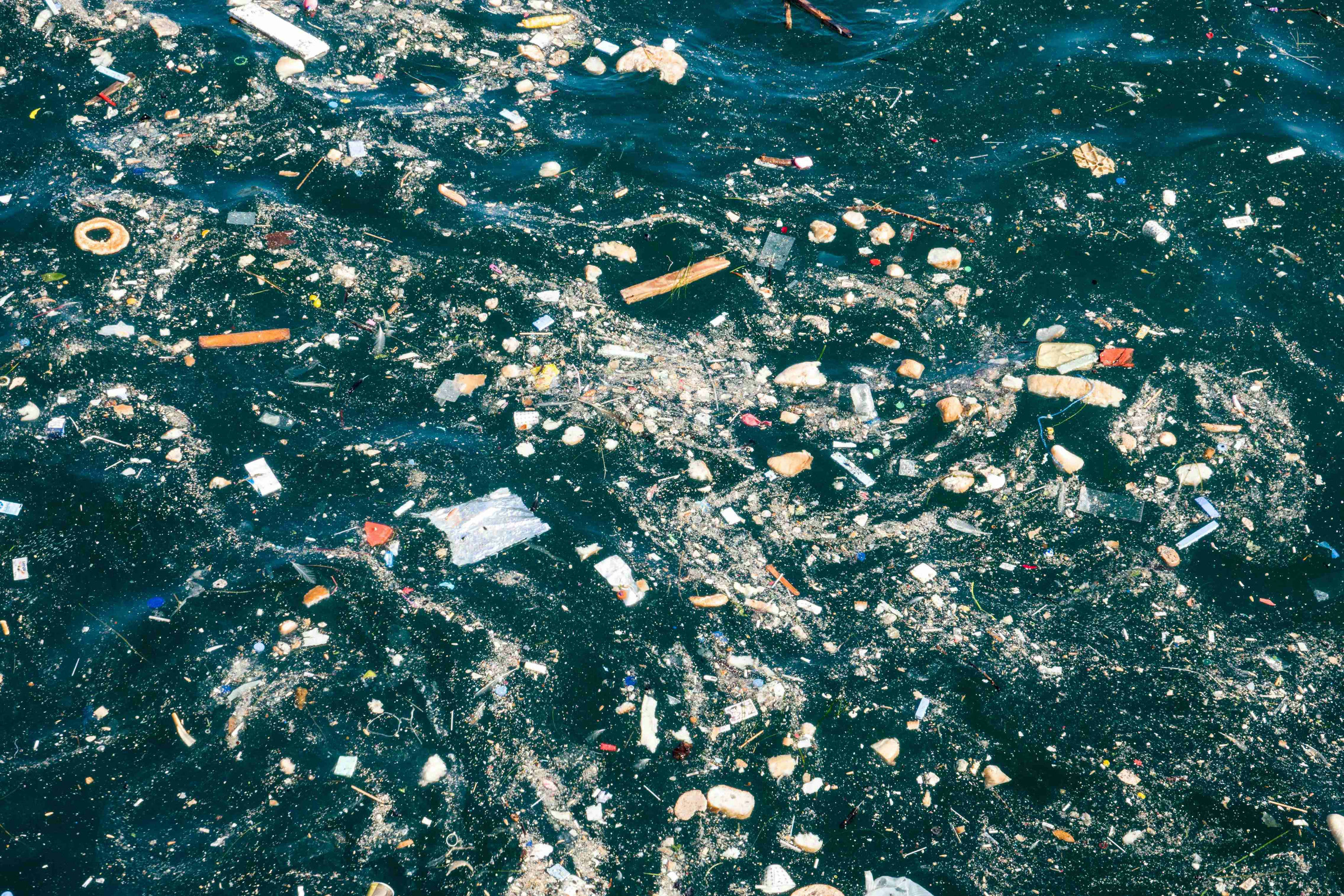Improving ventilation in buildings could help reduce spread of coronavirus, study says
There's new information about the simple tools you can use to reduce the spread of the coronavirus. A new study finds that in parts of the U.S. where face masks are mandatory, as many as 450,000 cases have been prevented. Meanwhile, another study finds that improving ventilation significantly lowers the amount of time respiratory droplets stay airborne.
Experts say crack a window or open a door because the coronavirus can float through the air indoors.
When we cough or sneeze, droplets containing the virus can travel, with larger ones traveling up to about 6 feet. But smaller ones — particles called aerosols — can float invisibly through an entire room, and can be produced through normal speech.
Dr. Kimberly Prather of UC San Diego Scripps Institution of Oceanography has spent her career studying aerosols.
"The zinger for this virus is that basically the aerosols become airborne ... and potentially infectious through hours. And so if ... the aerosols ... fills a room and everybody breathes that air, that just opens up the number of people who can be infected," she said.
Aerosols could help explain events like a choir practice in Washington state in March, where one person likely infected 52 others.
Joe Allen, director of Harvard's Healthy Buildings Program and a ViacomCBS consultant, weighed in on aerosols.
"We're not recognizing the potential for airborne," he said. "Opening up the windows is easy and cheap. But what about actually changing the ventilation system of a big building?"
"I'm not saying people have to go out and revamp their entire mechanical system," Allen explained. "Bring in a bit more outdoor air, which most building systems can do. And if you're recirculating air, you need to improve or put in a higher efficiency filter. In fact, every building can be a healthy building. It doesn't cost that much to get us there."
New research suggests sunlight can deactivate the virus in aerosols and wearing a mask is another crucial layer of protection against the airborne spread of the virus.




